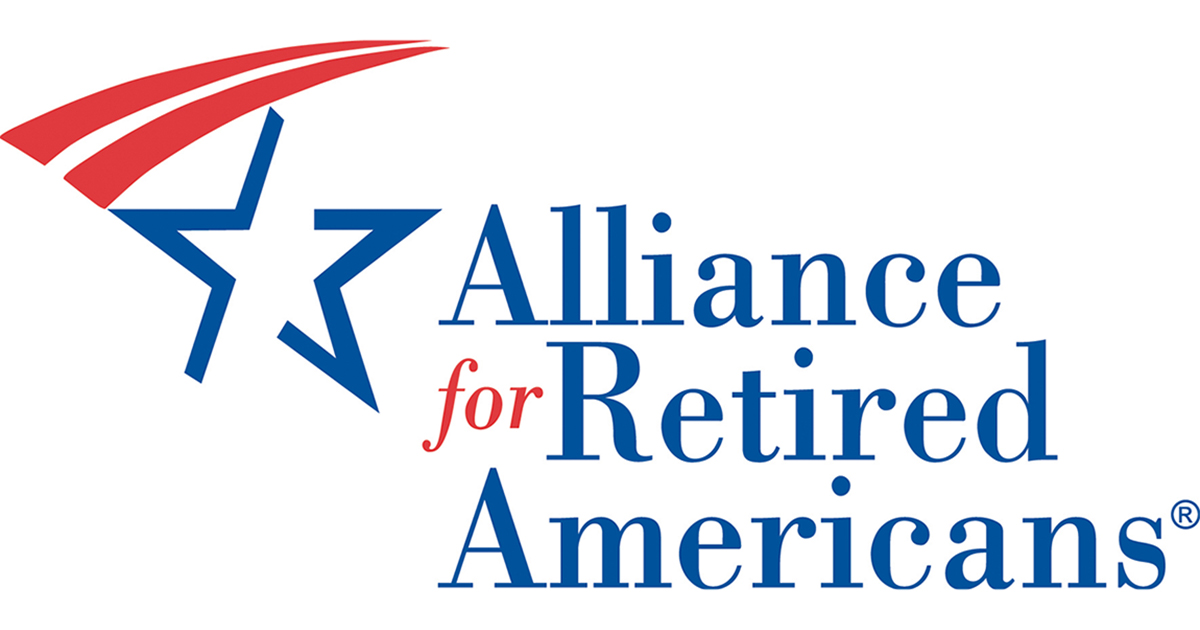May 12, 2006
Resolution Medicare Part D
Adopted May 12, 2006
Whereas Americans over age 65 are nearly 13 percent of the U.S. population but account for 34 percent of all prescriptions dispensed and 42 cents of every dollar spent on prescription drugs; and
Whereas the Medicare program has provided secure, universal and affordable health care coverage for Medicare beneficiaries for 40 years; and
Whereas the Medicare Modernization Act (MMA) of 2003 created a prescription drug benefit provided through stand-alone drug plans or Medicare Advantage managed care plans administered by private insurers and not the Medicare program; and
Whereas MMA gives billions of dollars in subsidies to managed care and other private health plans to offer the prescription drug benefit; and
Whereas there has been widespread confusion among Medicare beneficiaries trying to choose from dozens of Part D plans with different premiums, deductibles, co-payments and formularies; and
Whereas Medicare beneficiaries without other drug coverage will pay a late enrollment penalty of 1 percent on their premiums for each month they do not enroll; and
Whereas many “dual eligibles”— those who are both Medicare and Medicaid beneficiaries— are worse off because they have lost better state Medicaid drug benefits and are auto-enrolled in Part D plans that do not cover all their medication needs; and
Whereas millions of low-income beneficiaries with incomes below 150 percent of the poverty level are ineligible for assistance because of an asset test; and
Whereas one in three participants in Part D will fall into the “doughnut hole” (coverage gap for drug costs between $2,250 and $5,100 in 2006) and have to continue paying premiums even though there is no help with their drug expenditures while in the hole; and
Whereas the Center for Economic & Policy Research estimates that Medicare price negotiation could reduce prescription drug prices by 50 percent, enough to close the “doughnut hole,” reduce premiums and co-payments and cut overall drug spending; and
Whereas the MMA prohibits the Secretary of Health and Human Services (HHS) from negotiating lower drug prices with pharmaceutical companies on behalf of Medicare beneficiaries; and
Whereas the Secretary of HHS refuses to allow the importation of safe, affordable drugs from Canada; and
Whereas the MMA does not permit Part D coverage of such imported drugs; and
Whereas MMA excludes coverage of benzodiazepines and barbiturates leaving the most vulnerable beneficiaries without necessary medications.
Therefore, be it resolved that the Alliance for Retired Americans supports legislation that makes the following improvements to the Medicare drug benefit:
- Ensure effective cost containment by repealing the prohibition against Medicare negotiating drug prices and requiring the Secretary of Health and Human Services to negotiate prices with pharmaceutical companies;
- With savings from above, reduce the coverage gap and assure affordable premiums and low co-payments;
- Extend open enrollment through 2006 and waive the penalty;
- Ensure each Medicare beneficiary has the opportunity to change plans without penalty in 2006;
- Guarantee retirees with employer-provided benefits who enrolled in Medicare Part D to return to their employer-provided plan without penalty;
- Provide coverage of benzodiazepines and barbiturates.
Be it further resolved that the Part D prescription drug benefit should be provided through and administered by the traditional Medicare program, just as Medicare Parts A and B are administered by Medicare.


